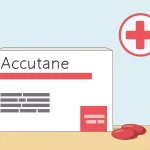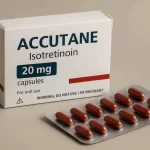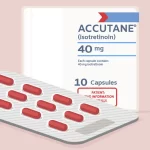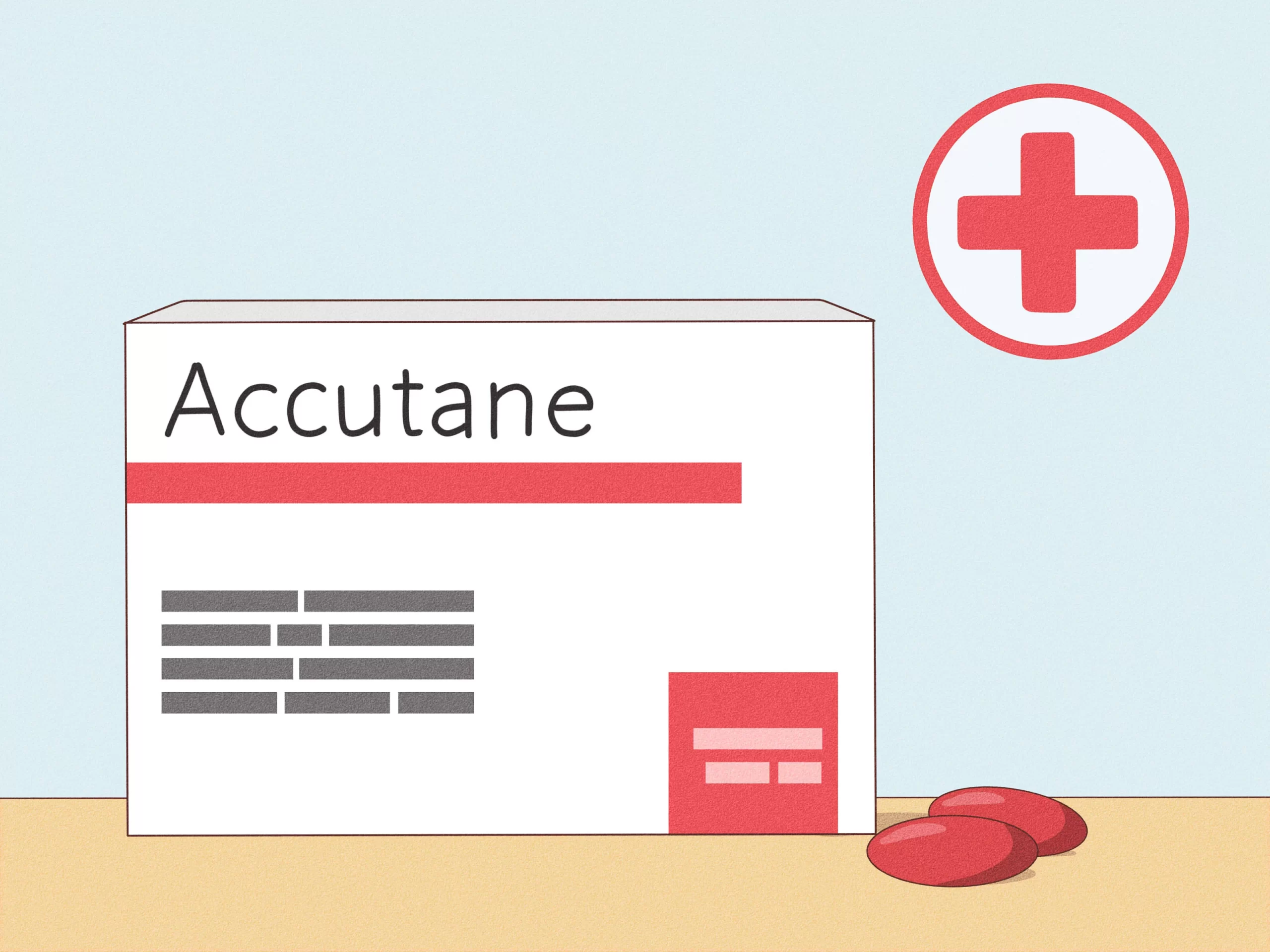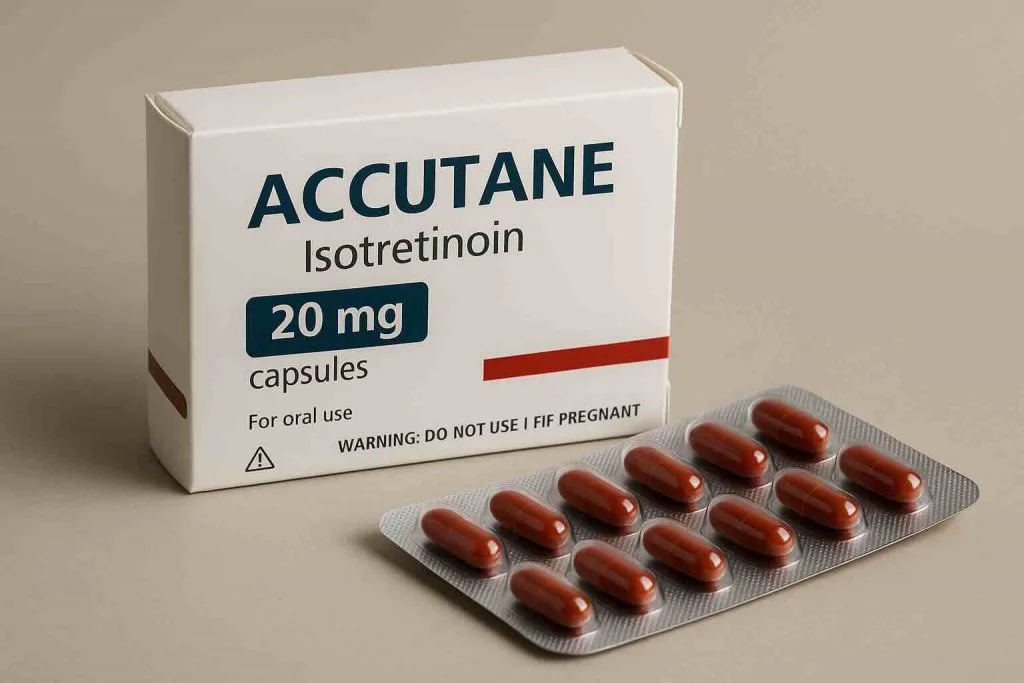Most insurance companies provide some level of coverage for Accutane when prescribed for severe acne that hasn’t responded to other treatments. Whether an insurance plan includes Accutane depends on medical necessity, dosage, and prior authorization requirements.
Patients may still incur out-of-pocket costs, such as copays or deductibles, even when Accutane is covered by insurance. Medicare and private insurers often classify isotretinoin as a specialty drug, which requires approval and close monitoring.
Understanding these details helps patients plan their acne treatments effectively and avoid unexpected expenses.
DermOnDemand, led by board-certified dermatologist Dr. Alicia Atkins, helps patients access fast and reliable acne treatments. This guide explains how health insurance covers Accutane, what to expect from prior authorization, and how to manage the cost of Accutane when coverage is limited.
Key Takeaways
- Most insurance companies cover Accutane when prescribed for severe acne that hasn’t responded to other treatments, but approval often requires prior authorization.
- Coverage and out-of-pocket costs depend on your health insurance plan, the prescribed dosage, and whether you use a brand-name or generic version.
- Patients must meet safety steps such as regular lab work and pregnancy tests, which are part of insurance and medical monitoring requirements.
- Generic isotretinoin options and pharmacy savings programs can help lower the overall cost of Accutane treatment.
- DermOnDemand, led by Dr. Alicia Atkins, offers fast teledermatology consultations to help patients access approved acne treatments while understanding their insurance coverage.
Understanding Accutane Insurance Coverage
Does Insurance Cover Accutane, and How Common Is It?
Accutane, isotretinoin, is usually listed as a prescription drug for acne that needs stronger treatment. For patients dealing with persistent oily skin, this guide on Accutane and oily skin explains how isotretinoin helps control sebum production while improving long-term skin balance.
Because it works by reducing oil production, many health insurance providers place it under special drug categories that require prior authorization. Most insurance companies cover Accutane for patients with severe acne that hasn’t responded to other treatments such as oral antibiotics.
Each insurance plan has its own rules. Some individuals may request medical records or proof that you have attempted alternative treatments before beginning treatment.
Is Accutane Free with Insurance?
Accutane (isotretinoin) is not free even when your plan covers it. You may need to pay a copay or part of the cost, depending on your insurance plan. The total cost of Accutane also depends on the pharmacy and whether your doctor prescribes a brand or generic version.
Getting Approved for Accutane

How Do You Get Approved for Accutane?
Approval usually depends on your dermatologist’s report. Insurers need to see that your acne hasn’t responded to other treatments and that Accutane is medically necessary.
Prior Authorization and Step Therapy Explained
Many insurance companies require prior authorization before they cover Accutane. This process confirms medical need and checks that you meet safety rules. These prior authorization requirements are standard for high-strength acne medications.
Required Documents and Medical Criteria
You’ll need your dermatologist’s notes, your medical history, and proof of other acne treatments you’ve tried. Female patients must complete pregnancy tests before and during Accutane use. This ensures the drug is used safely and effectively.
Appealing a Denied Insurance Claim
If your insurance company denies coverage, request a written explanation of the decision promptly. You can file an appeal with the help of your dermatologist. Include all medical records to show why Accutane is necessary for your condition.
Microdose and Low-Dose Accutane Coverage
Microdose Accutane Insurance Coverage
Microdose Accutane is used for the treatment of mild to moderate acne or for maintenance. It’s not always covered by insurance because it’s considered an off-label use.
Low-Dose Accutane Coverage and Cost Differences
Low-dose isotretinoin is typically prescribed for patients who can’t handle more substantial doses or are finishing treatment. Some insurance plans cover it under the same rules as standard dosing, but others may limit coverage.
Generic Isotretinoin and Savings Programs
Generic versions of isotretinoin are often less expensive and may be more easily covered under your plan. You can also ask about pharmacy coupons or discount programs to help lower your monthly expenses.
Accutane Costs and Price Comparison
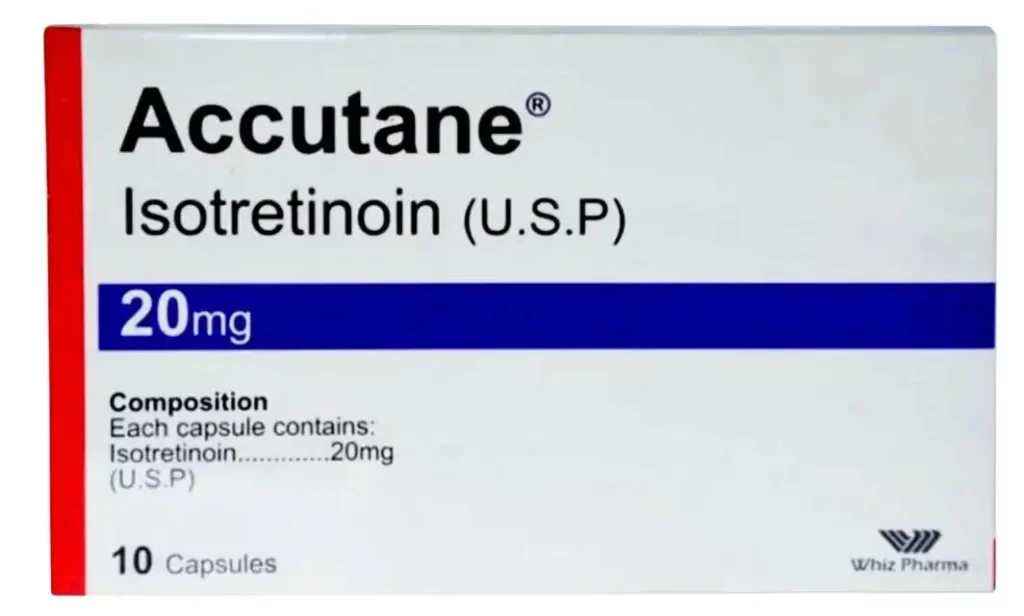
How Much Is Accutane Without Insurance?
Without insurance, Accutane can cost between $150 and $400 per month. The price depends on your dosage, pharmacy, and location. Generic versions can reduce the price by half or more.
How Much Does Accutane Cost for 6 Months?
A full six-month course can cost $900–$2,400 without coverage. The total includes doctor visits, lab tests, and pregnancy tests if needed.
Accutane Prescription Cost Breakdown
The cost of Accutane includes dermatologist visits, blood tests, and follow-up care. These steps are crucial for monitoring progress and detecting any potential side effects early. You can also learn more about the side effects of isotretinoin to understand what regular checkups help prevent.
Brand vs. Generic Isotretinoin
Insurance companies usually prefer generic isotretinoin because it’s cheaper and works the same. Brand-name Accutane may require additional approval, which can delay the start of treatment.
Why Accutane Coverage Varies
Differences Between Insurance Plans and Formularies
Every insurer decides how to list Accutane in its formulary. Some treat it as a specialty drug with limited coverage, while others offer standard prescription benefits. Check your plan regularly, as formularies are subject to change.
Tips to Improve or Secure Better Coverage
Call your insurer before starting treatment to confirm the steps. Ask if they require prior authorization, specify which pharmacies are acceptable, or provide proof of other therapies.
Keeping your medical history organized can make the process faster. Patients can also review whether dermatologists are covered by insurance to understand how consultations and follow-ups fit into their plan.
Dr. Atkins’s team helps patients understand coverage, appeal denials, and safely continue treatment with clear medical supervision.
Expert Insights and Safe Next Steps
When to Consult a Board-Certified Dermatologist
Accutane is typically prescribed for severe acne that hasn’t responded to other treatments. A board-certified dermatologist, such as Dr. Alicia Atkins, can determine if isotretinoin is the right option for you.
Ready to begin your treatment?
Start your online dermatology consultation with DermOnDemand today and receive a personalized Accutane plan reviewed by Dr. Alicia Atkins – no waiting rooms, just expert care delivered quickly.




